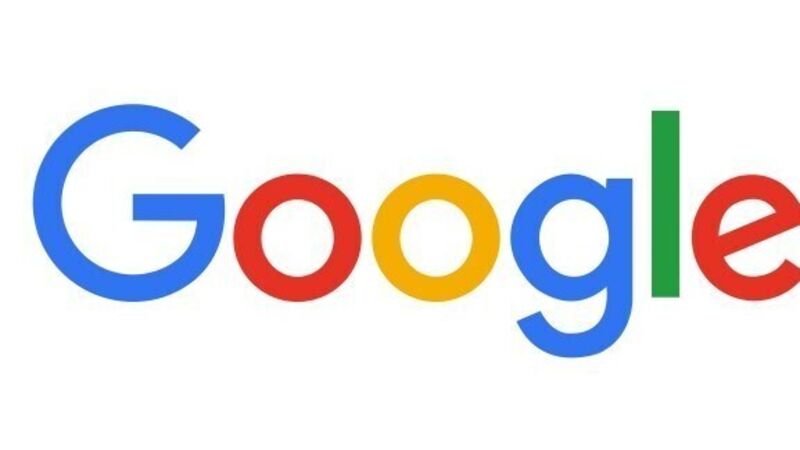Google and the saloon wars

Questions over who controls economic activities have come centre stage. Are decisions made on behalf of people or are they based on what big companies want? Specifically, does the EU protect us or simply try to balance competing needs?
These questions come to mind as the EU hit Google with an antitrust fine of over €2.4bn. According to the competition regulator, Google favoured its own shopping services over rivals. Allegedly, it made it easier to access its own shopping services.
















